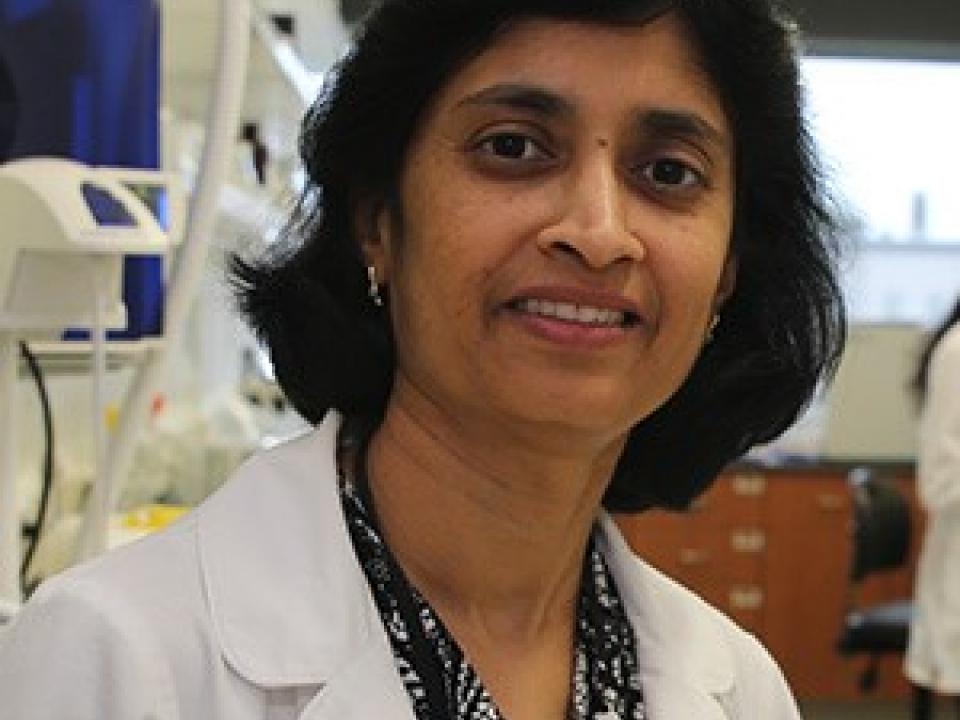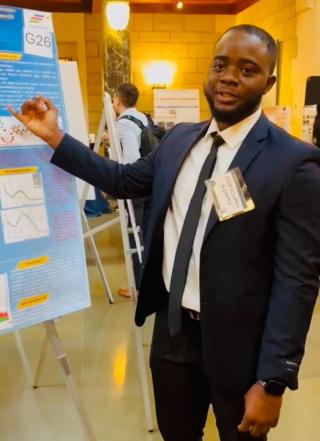Our Research and Study Facilities
Get to know the Science and Technology Center, home to the Department of Natural Sciences! This LEED certified building has green spaces, student-focused collaboration spaces, a vivarium, as well as laboratories with cutting-edge technologies.
The biology and chemistry programs each have specialized facilities where students can put theory into practice. Our biology labs have Thermocyclers, high-resolutions microscopes (Transmission and scanning electron microscopes, fluorescence and atomic force microscopes), as well as capabilities for tissue and cell culture, UV-Vis spectrophotometry, gel electrophoresis, DNA sequencer, gel-imaging and documentation station, etc. Biology research labs, such as the Ophthalmic Research Laboratory, Malaria Research Lab, and the Zebra fish lab, are equipped with state-of-the-art molecular biotechnology tools and equipment, multi-mode plate reader, and fluorescence microscope, with capabilities in biochemical, gene expression, and gene manipulation methodologies. The department has a highly advanced greenhouse with the Laboratory for Environmental Contaminants equipped with Atomic Absorption Spectroscope and other advanced instrumentation for students conducting research in environmental contaminants and geosciences.
Several facilities that support chemistry research in our department include the Center for Nanotechnology and Center for Organic Synthesis, and Environmental chemistry labs working on a variety of projects related to environmental de-contamination and sustainability . Our chemistry labs also host capabilities in the areas of inorganic chemistry, biochemistry, and computational chemistry. These labs have the latest technologies, including NMR, UV-VIS-IR spectrophotometers, fluorescence spectrophotometers, and gas chromatography.
State of the Art Lab Instruments and Facilities









